Putin ponders a question: Should Russia try to take Kyiv again?
It has been more than 15 months since Putin sent troops into Ukraine in February 2022
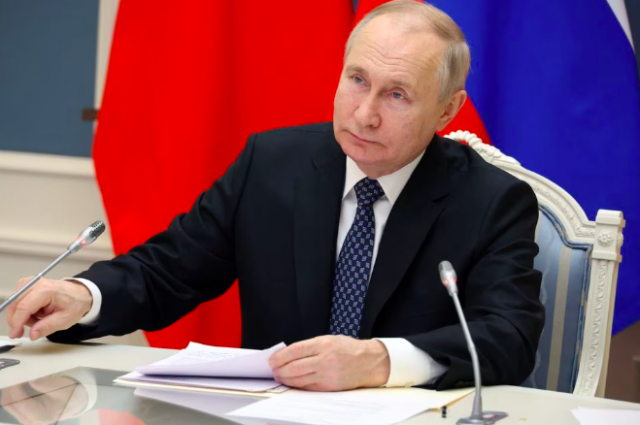
President Vladimir Putin said on Tuesday that any further mobilisation would depend on what Russia wanted to achieve in the war in Ukraine, adding that he faced a question only he could answer - should Russia try to take Kyiv again?
More than 15 months since Putin sent troops into Ukraine in February 2022, Russian and Ukrainian forces are still battling with artillery, tanks and drones along a 1,000-km (600-mile) front line, though well away from the capital Kyiv.
Putin last September announced what he said was a "partial mobilisation" of 300,000 reservists, triggering an exodus of at least as many Russian men who sought to dodge the draft by leaving for republics of the former Soviet Union.
Asked about another mobilisation at a meeting with 18 Russian war correspondents and bloggers in the Kremlin, Putin said: "There is no such need today."
Russia's paramount leader, though, was less than definitive, saying it depended on what Moscow wanted to achieve and pointing out that some public figures thought Russia needed to get 1 million or 2 million extra men mobilised.
"It depends on what we want," Putin said.
While Putin said that the defence ministry saw no need for another wave of call-ups, he also raised what he said was a rhetorical question that only he could answer about going for another attempt on Kyiv.
Putin said of Kyiv: "Should we return there or not? Why am I asking such a rhetorical question? It is clear that there is simply no answer to this - I can only answer it myself."
Russian forces attacked Kyiv just hours after Putin ordered troops into Ukraine, seeking to take control of an airfield just outside the Ukrainian capital, but they were repelled with heavy losses by Ukrainian forces.
Further attacks followed, but Russian troops were beaten back and eventually withdrew to a swathe of land in Ukraine's east and south which Putin has declared is now part of Russia.
Russia, Putin said, had reached "almost the whole of Novorossiya" (New Russia), a significant part of Donetsk region with access to the Sea of Azov and port of Mariupol, and almost the whole of the Luhansk region to the north of Donetsk.
Also read: Russia seeks to expand ties with Pakistan
No martial law
Russia's future plans in Ukraine, he said, would be decided once the Ukrainian counteroffensive, which he said began on June 4, was over.
Ukraine's large-scale counter-offensive has not been successful in any area, Putin said, adding that Ukrainian human losses were 10 times greater than Russia's.
Ukraine had lost over 160 of its tanks and 25-30% of the vehicles supplied from abroad, he said, while Russia had lost 54 tanks.
Ukraine said it has made gains in the counteroffensive.
Reuters could not independently verify statements from either side about the battlefield.
Putin also said Russia needed to fight enemy agents and improve its defences against attacks deep inside its own territory but said there was no need to follow Ukraine's example and declare martial law.
"There is no reason to introduce some kind of special regime or martial law in the country," Putin said. "There is no need for such a thing today."
Putin further said Ukraine had deliberately hit the Kakhovka hydro-electric dam on June 6 with US-supplied HIMARS rockets, a step he said had also hindered Kyiv's counteroffensive efforts.
Ukraine says Russia blew up the dam, which Russian forces captured early in the war.


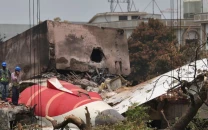
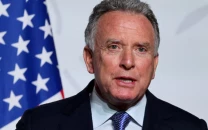
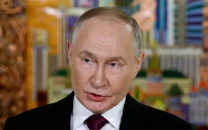
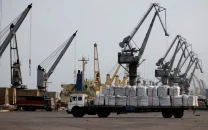
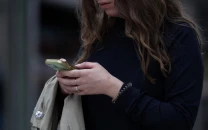












COMMENTS
Comments are moderated and generally will be posted if they are on-topic and not abusive.
For more information, please see our Comments FAQ